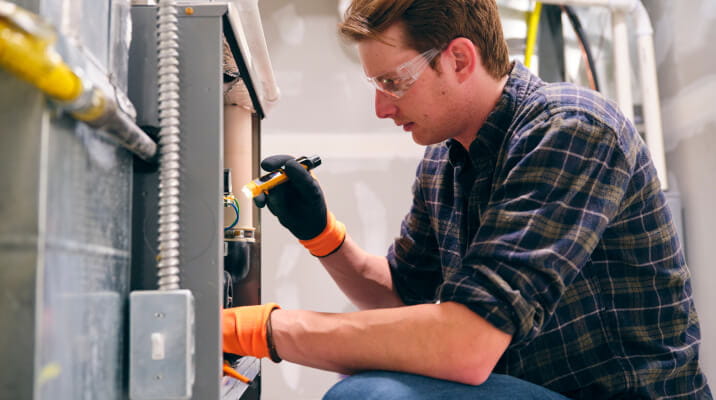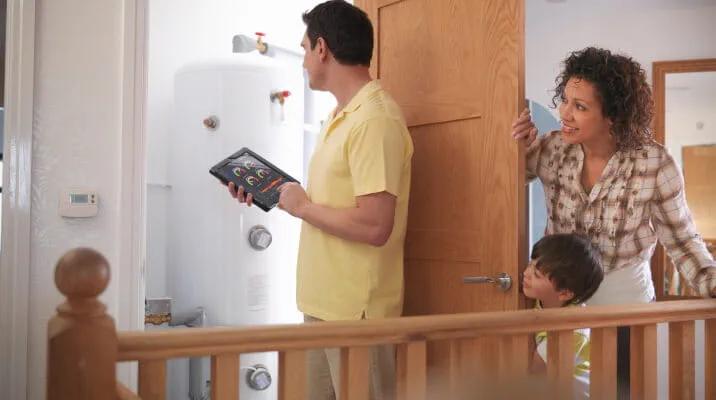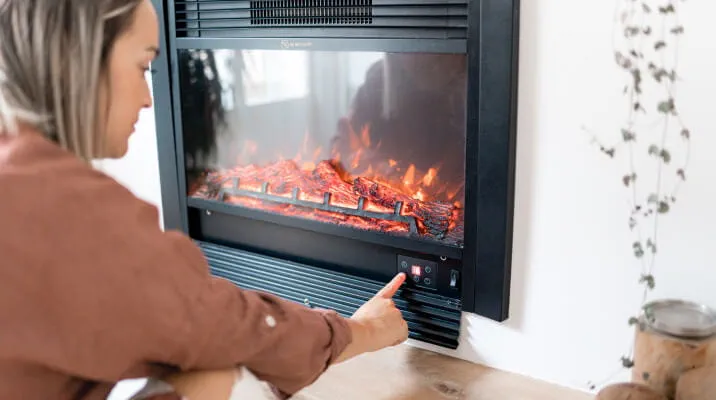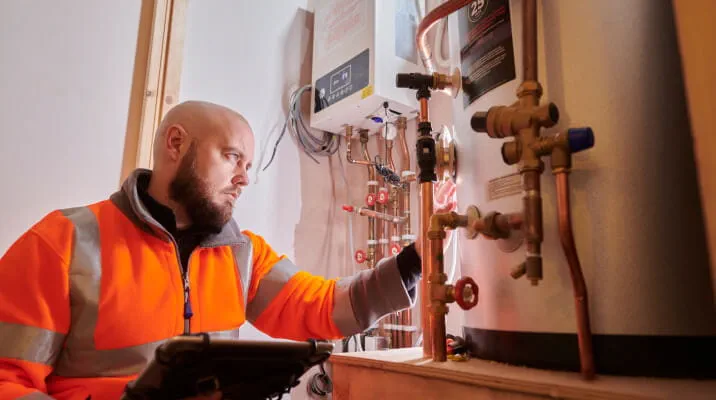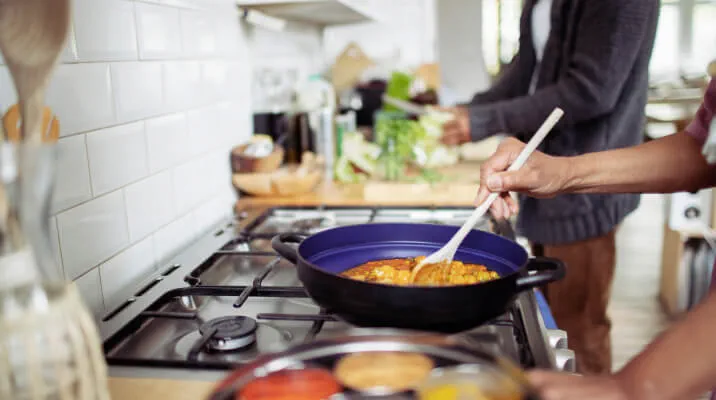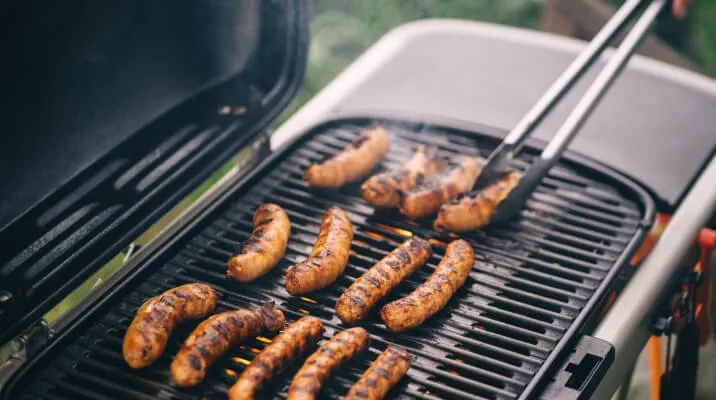CSST pipes? Time for a safety check
If your home or business was built after 1990 or you’ve had work done to the natural gas piping system, it is possible that Corrugated Stainless Steel Tubbing (CSST) was installed. CSST is a flexible, stainless steel pipe and often has a yellow or black plastic coating.
If lightning strikes a structure containing CSST, there is a risk the lightning charge can travel along the structure’s natural gas piping system and cause a leak in the CSST or, in some cases, a fire.
The International Fuel Gas Code, requires the following; “CSST gas piping systems shall be bonded to the electrical service grounding electrode system between the point of delivery (customer side of the meter) and the first downstream CSST fitting. The bonding jumper shall not be smaller than 6 AWG copper wire or equivalent.”
If you find CSST in your home or business, Enbridge Gas recommends that you contact a licensed electrician to make sure it is bonded and grounded properly.
If you are unsure whether your building contains CSST, contact a building inspector to obtain a professional inspection.
